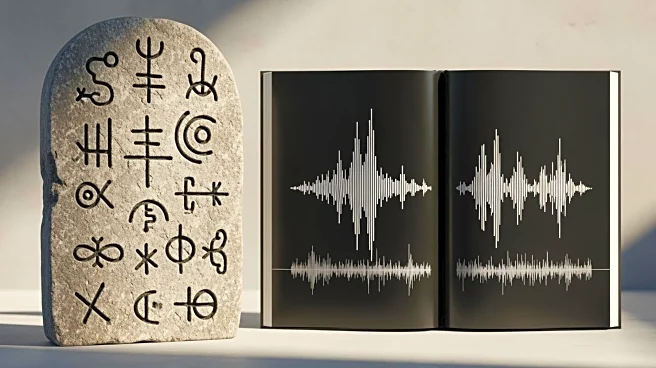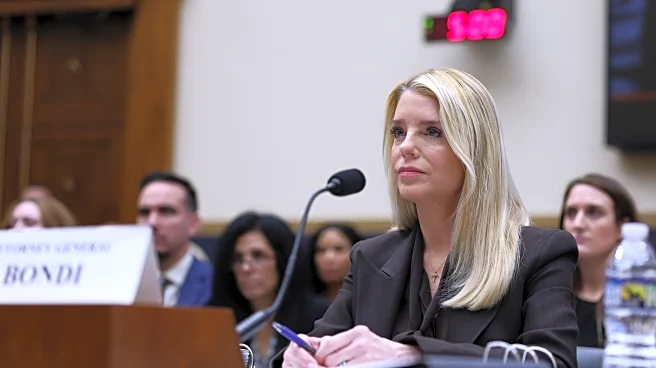Rapid Read • 7 min read
Three Supreme Court justices have dissented in a case concerning the Voting Rights Act, which aims to prevent race discrimination in elections. The dissenting justices, Clarence Thomas, Samuel Alito, and Neil Gorsuch, voted to uphold a lower court decision that would have nullified key provisions of the Act. This decision follows a previous ruling by the Eighth Circuit that restricted private citizens from suing under the Act, effectively limiting its enforcement to the Justice Department. The case underscores ongoing challenges to civil rights protections in U.S. elections.
AD
The dissent in this Supreme Court case highlights potential vulnerabilities in the Voting Rights Act, a cornerstone of civil rights legislation. If the Act's provisions are weakened, it could lead to increased race-based discrimination in elections, affecting voter representation and democratic processes. The case reflects broader tensions within the judiciary regarding civil rights and the balance of power between federal and state authorities. Stakeholders, including civil rights organizations and political leaders, may need to advocate for stronger protections to ensure fair and equitable elections.
The Supreme Court's decision may prompt further legal challenges and legislative efforts to reinforce the Voting Rights Act. Advocacy groups and lawmakers are likely to intensify efforts to protect voting rights and address potential discrimination. The case may also influence public discourse on civil rights and judicial interpretations, with potential impacts on future election laws and policies. Stakeholders will need to navigate complex legal and political landscapes to safeguard democratic principles.
AD
More Stories You Might Enjoy













